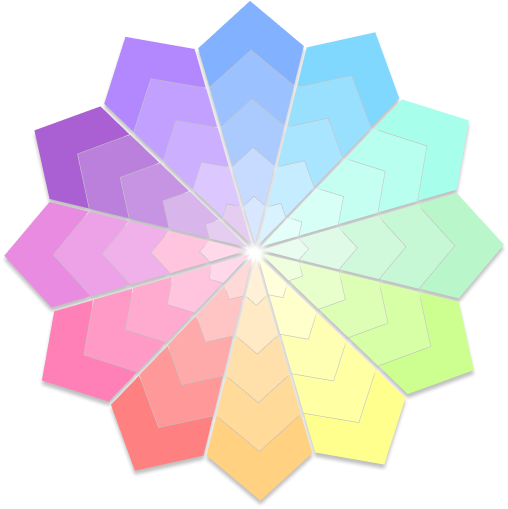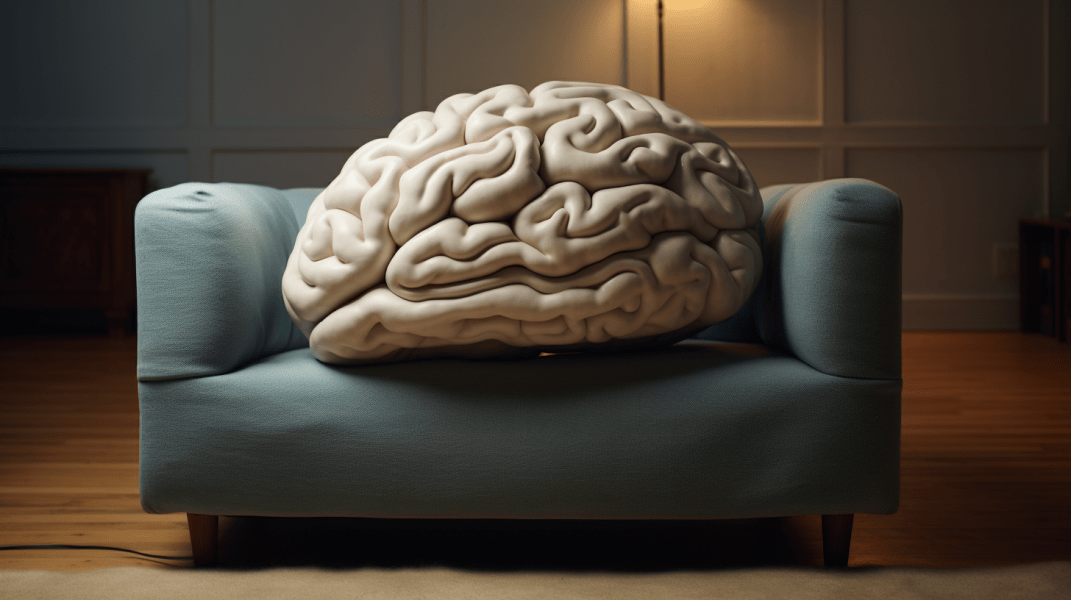Napping isn't just a luxury; it's a science-backed strategy to boost your mental prowess and well-being. Here's the neuroscientific explanation of why power naps are so effective. Famous people take their power naps too!
🧠 Neuroscience Unveils the Power of Naps
The brain, our body's command center, is constantly at work. Whether we're solving problems, processing information, or simply navigating daily life, our brains are always active. Over time, this mental activity can lead to fatigue and decreased performance.
Enter the power nap—a brief period of rest that, when timed correctly, can provide a multitude of cognitive and emotional benefits. Here's how it works:
-
Memory Consolidation: During the day, your brain accumulates a wealth of information. Napping, particularly during the midday "slump," aids in consolidating this information. During sleep, the brain replays and strengthens the neural connections formed while learning.
-
Creativity and Problem Solving: Napping has been linked to enhanced creative thinking and problem-solving abilities. Rapid Eye Movement (REM) sleep, which occurs during naps, is thought to foster associative thinking, allowing the brain to connect seemingly unrelated concepts.
-
Stress Reduction: Power naps help lower cortisol levels, the stress hormone. A brief nap can reset your emotional state, reducing feelings of anxiety and tension.
-
Alertness and Productivity: A short nap can combat the natural mid-afternoon dip in alertness. It rejuvenates the brain, leading to improved focus, concentration, and productivity.
-
Mood Enhancement: Napping can enhance your mood and emotional well-being. It provides a break from the stresses of the day and allows your brain to process and regulate emotions.

🌟 The Ideal Nap Duration
The effectiveness of a power nap depends on its duration. Short naps of around 10 to 20 minutes are excellent for enhancing alertness and productivity without causing grogginess. These "catnaps" stay within the lighter stages of sleep, preventing sleep inertia—the groggy feeling that can follow longer naps.
However, if you have a bit more time, a nap of 60 to 90 minutes can take you through a full sleep cycle, including REM sleep, which is essential for creative thinking and memory consolidation.
💤 Napping: An Art and a Science
Napping is both an art and a science, and its benefits extend far beyond a moment of rest. It's a powerful tool for boosting cognitive function, enhancing creativity, reducing stress, and improving overall well-being. The next time you're in need of a mental recharge, consider embracing the art and science of the power nap. Your brain will thank you, and your productivity and mood will soar. 🚀🧠




